Death is no excuse.
In Tshoggan, justice does not end because of such a trifling matter as death. Ubulun is the city-state's tradition of imprisoning the dead until their sentence has been rightly served, no matter if it takes years - or decades. Such corpse-sentencing is called Ubulun, and only once it has been executed fully can the spirits of the dead know peace.
Imprisoned Dead
Whatever punishment you face on the other side will have to wait.
— Amare Xu, Tshoggan Magistrate
In the Tshoggan legal system, Ubulun is a sentence that continues after the sentenced has died. Most are criminals who perish during their imprisonment and are damned to be trapped within their rotting flesh until they have served their time. Corpses are shackled and chained, then condemned to rot in a cell.
Depending on their crime, some corpses are left until they've rotted away into skeletons. Others, with less serious offenses, serve only a perfunctory time within a cell or a gibbet before they are released.
The worst - traitors, butchers, kinslayers, and more - are never spared. Such dead are mummified and imprisoned within Tshoggan forever, their spirits trapped within their bodies for eternity.
These 'Eternals' are carefully preserved so that their sentence does not end before it is time. If a body is destroyed or rot away due to poor mummification, Tshoggan employs artisans to create a fake body of hattick and
Chitin to carry the skull and continue its punishment.
In times of unrest, the Magistrates of Tshoggan hang the corpses of the condemned in gibbets around the city as a stark reminder that death offers no sanctuary from their authority.
Court of Corpses
A crime does not cease to be just because the criminal has died.
— Amare Xu, Tshoggan Magistrate
Even the dead aren't safe from retribution. Should a crime be discovered after the criminal has already died, or should they die before sentenced, Tshoggan has special courts that handle the persecution of corpses. They consist mainly of spiritual and religious figures such as
Wu and shamans mixed with lawyers. The corpse is dressed as a prisoner and hauled into court, usually with a young child or apprentice bureaucrat sitting right behind it and serving as it's "voice". Most such cases end in a verdict of guilty and a sentence of imprisonment or hard labor. The latter is reserved for those dead with someone to carry it out for them, usually family or even hired hands.
Such helpers fill a small, specialized niche in the Tshoggan legal system. Usually paid by either a Magistrate or the family of the dead, they perform whatever labors the corpse is sentenced to, so it may find rest afterward. Many do their tasks with the corpse strapped to their backs, so they may witness the work.
The dead can be accused and sentenced years, even decades, after their deaths, so long as there is a body to imprison. Such courts are often open to the public and become almost a performance with a clear message - even the dead must answer for their crimes.
History
What's the life of one in the great span of eternity?
— Amare Xu, Tshoggan Magistrate
It isn't clear exactly when the Tshoggan culture began to practice Ubulun, but like many traditions in the city-state, it is likely borrowed from the Xuat, the first humans of the region. The natives of the Khasanganay region have a rich and vibrant culture that has meshed with the trickle of outside influences since the founding of Tshoggan. As old and new mingled, some traditions were kept almost wholly intact - such as
the Cull - while others emerged as something unique.
The Xuat do not practice anything like the Ubulun, placing much less emphasis on what happens to the flesh once the spirit has left it. Whatever revenge they can take on the dead is nothing compared to what already awaits them, according to Xuat legend. Instead, death becomes a time of forgiving or celebration, depending on the life of the deceased.
The death of criminals skews towards the latter, with the intensity of the celebration echoing the severity of their crimes.
The conquerers of Tshoggan carried the tradition of
Shikei with them from their old homes. It combined with these cathartic celebrations of the unworthy dead and the city-state's emerging bureaucracy to become Ubulun - justice rightly served.
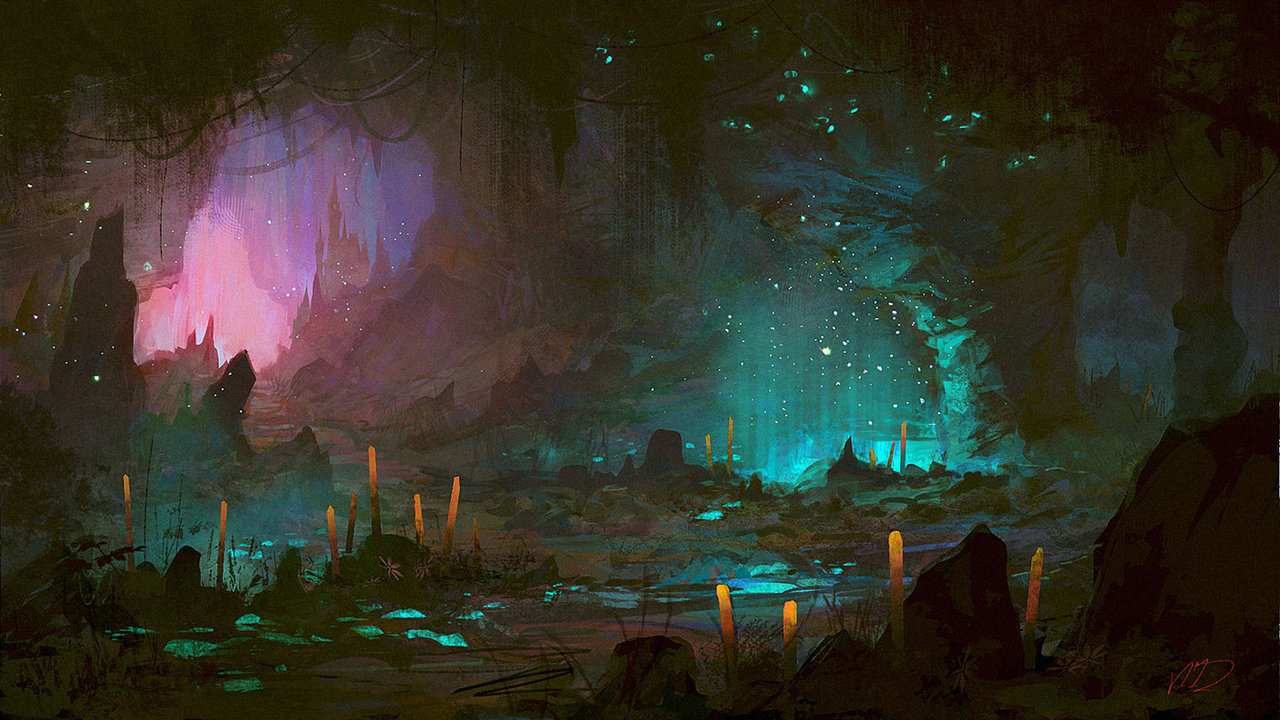

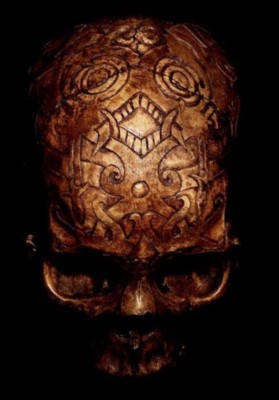


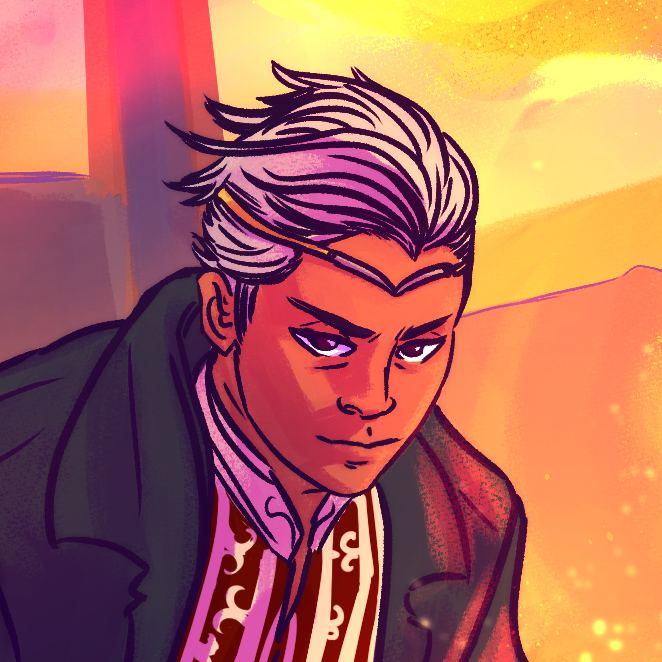

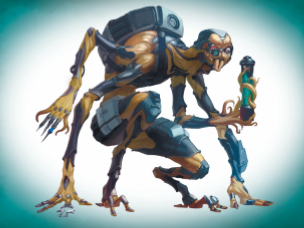
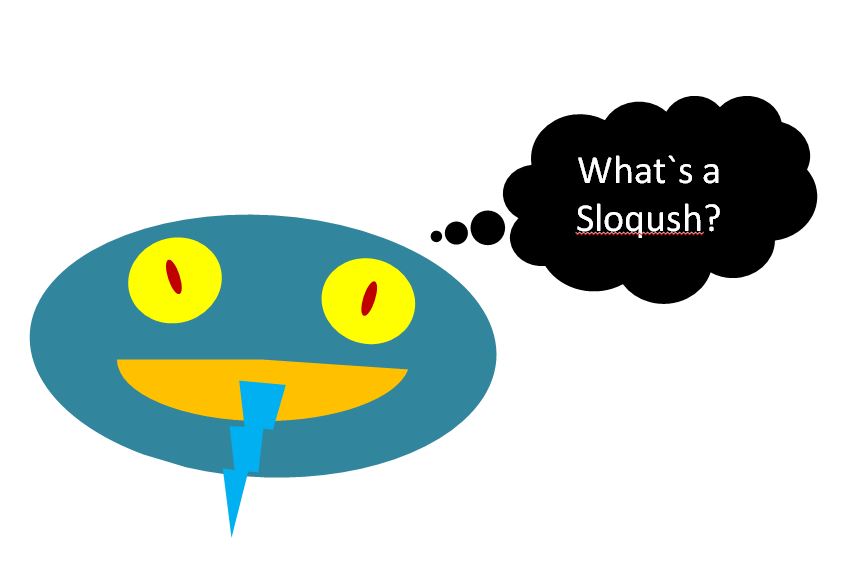



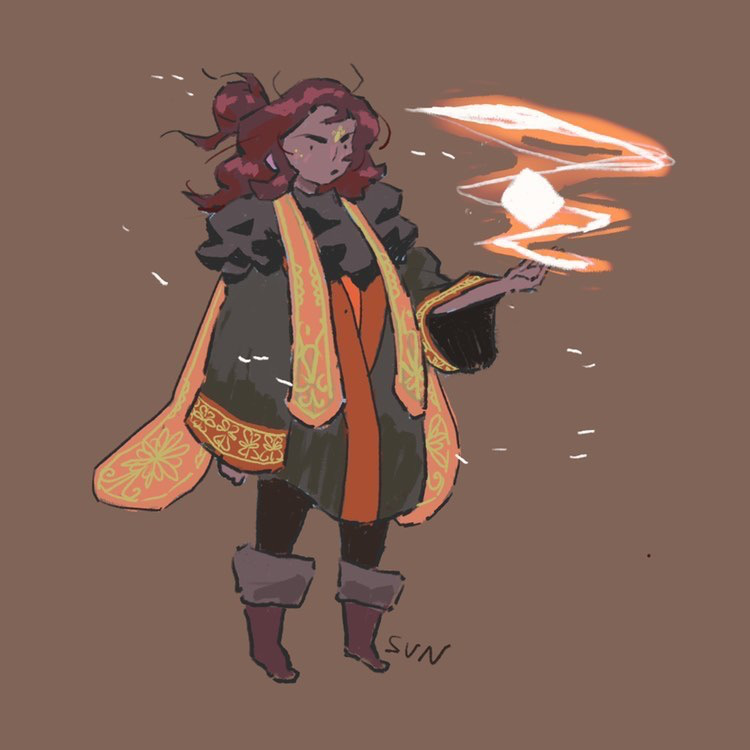




What a unique, special, yet horrifying tradition! I would say this can only happen in Araea, but I would not be surprised if somewhere in our past there was a culture with a similar practice. It would be amazing if one day you could pour all of this in one big book dedicated to this world. With artwork specifically made for it.
Thank you <3 :D The end goal would definitely be that book. It will be awesome!
Creator of Araea, Megacorpolis, and many others.